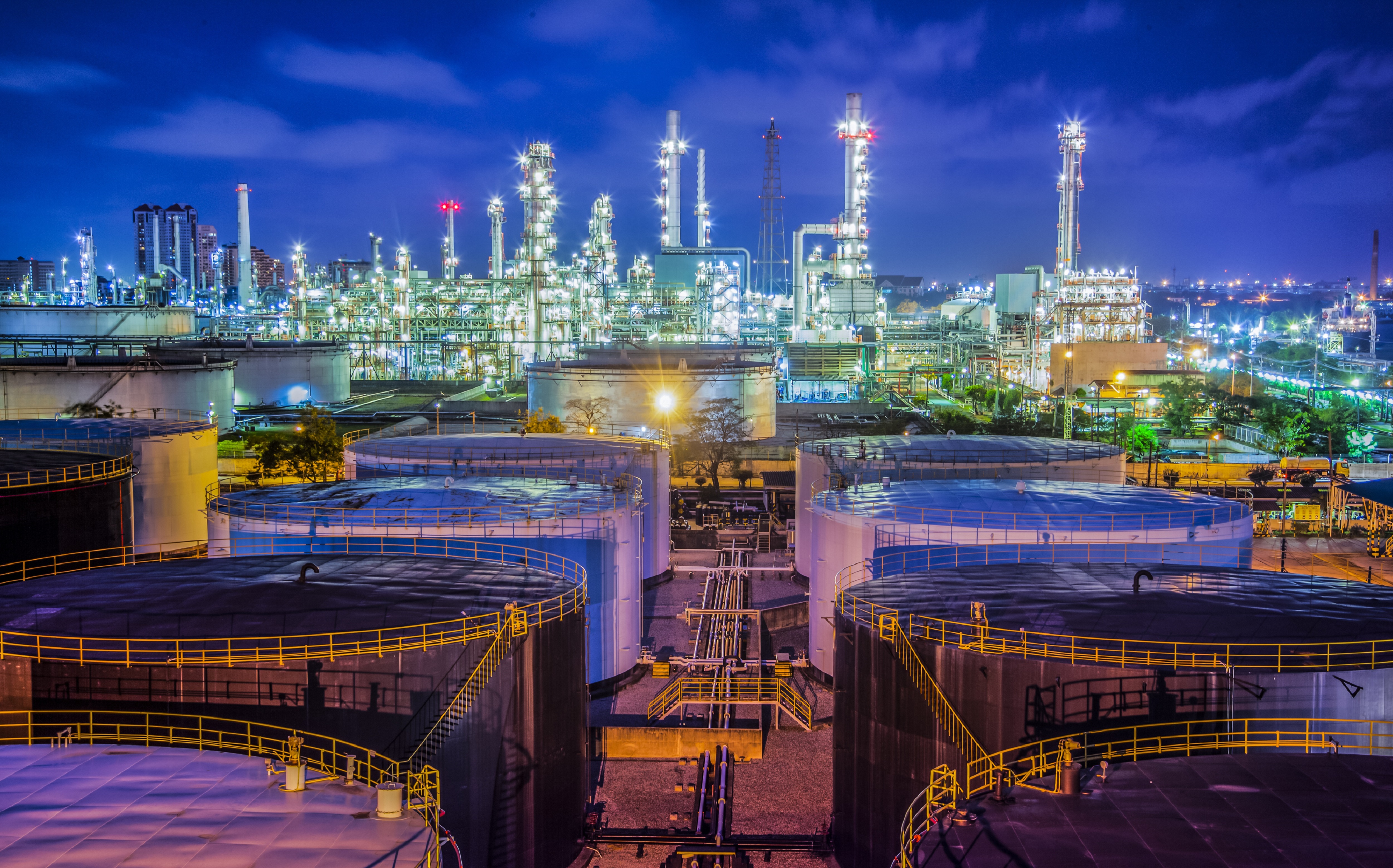Texas Startup Endeavors Again to Build First Major U.S. Oil Refinery Since 1977
(Reuters) — Element Fuels Holdings, a Dallas-area startup proposing to build the first all-new U.S. oil refinery in nearly 50 years, on Thursday said it was relaunching efforts to build a large plant in South Texas.
The Brownsville, Texas, project has been proposed by entrepreneur John Calce at least twice before by his ARX Energy, and JupiterMLP startups, with one leading to a bankruptcy filing. The project was originally owned by a holding company that also owned Centurion Terminals.
Element is looking to raise funds for the first phase, which will allow the refinery to process about 50,000 to 55,000 barrels per day of naphtha feedstock into gasoline. The company estimates the initial phase will cost about $1.2 billion, Calce said.
The company said it was in talks with banks, private credit funds as well the U.S. Department of Energy for funding from the Inflation Reduction Act.
Earlier efforts under JupiterMLP failed "for a host of reasons," said John Calce, CEO of Addison, Texas-based Element Fuels, which holds a Texas state permit authorizing construction of the plant.
The refinery eventually will process U.S. shale oil from fields in West and South Texas, Calce said in an interview. In comparison, U.S. Gulf Coast refineries largely process medium to heavy crude.
"We had conviction around the U.S. shale oil market," he said on why he has stuck with the project, adding the country was "very, very long, light crude and short refining capacity."
Element plans to build an on-site power plant, with 165 megawatt-per-day capacity, powered by hydrogen produced by the refinery. It is in negotiations with a credit counterparty for the refinery and has a long-term off take contract with a counterparty on the power side, he said, without naming either.
"The hardest thing (for a new refinery) to get is financing," said John Auers, managing director of refining consultancy Refined Fuels Analytics. He said new refining projects could have a limited life with demand for gasoline expected to peak in 2030-2031, and for middle distillates such as diesel and jet fuel after 2040, Auers said.
Element Fuels could turn its refinery into a petrochemicals plant down the road if such demand destruction occurs or export the refined products to countries with less electric vehicle adoption, Calce said.
The refinery is also designed with flexibility to produce various fuel grades, Calce added.
Related News
Related News

- Kinder Morgan Proposes 290-Mile Gas Pipeline Expansion Spanning Three States
- Enbridge Plans 86-Mile Pipeline Expansion, Bringing 850 Workers to Northern B.C.
- Intensity, Rainbow Energy to Build 344-Mile Gas Pipeline Across North Dakota
- U.S. Moves to Block Enterprise Products’ Exports to China Over Security Risk
- Court Ruling Allows MVP’s $500 Million Southgate Pipeline Extension to Proceed
- U.S. Pipeline Expansion to Add 99 Bcf/d, Mostly for LNG Export, Report Finds
- A Systematic Approach To Ensuring Pipeline Integrity
- 275-Mile Texas-to-Oklahoma Gas Pipeline Enters Open Season
- LNG Canada Start-Up Fails to Lift Gas Prices Amid Supply Glut
- TC Energy’s North Baja Pipeline Expansion Brings Mexico Closer to LNG Exports





Comments